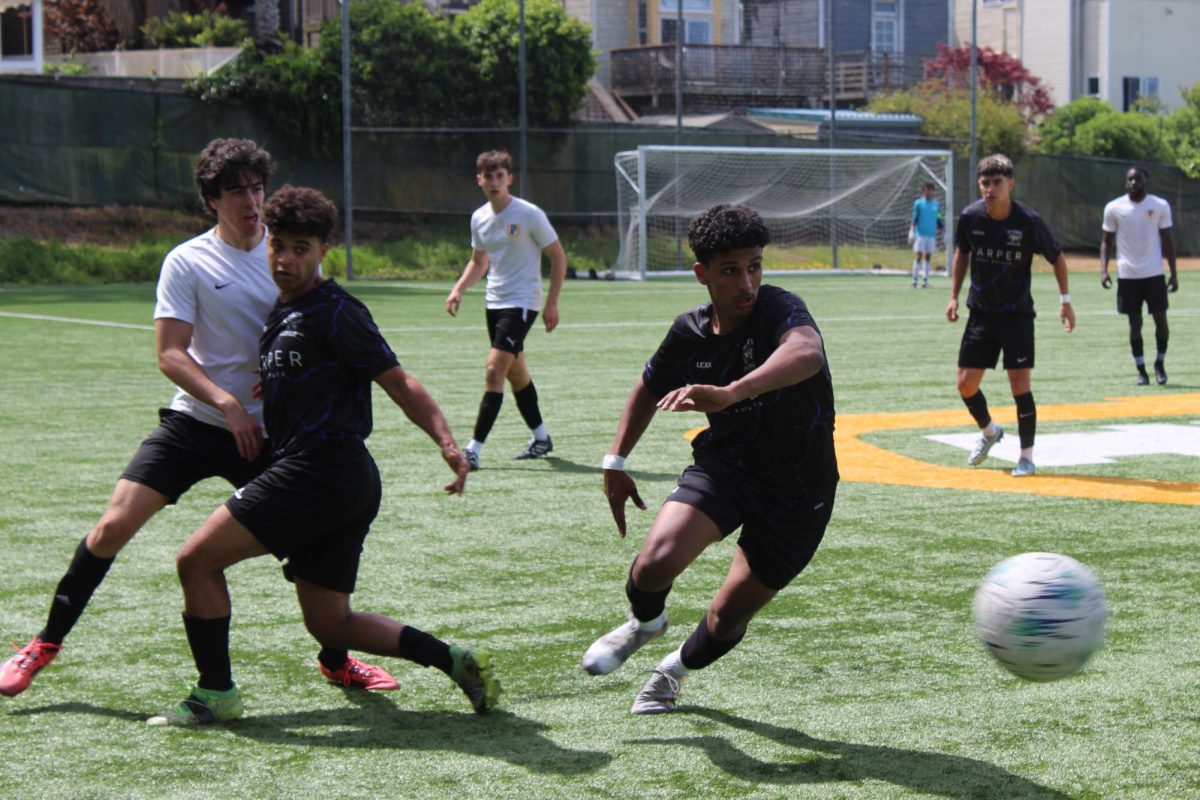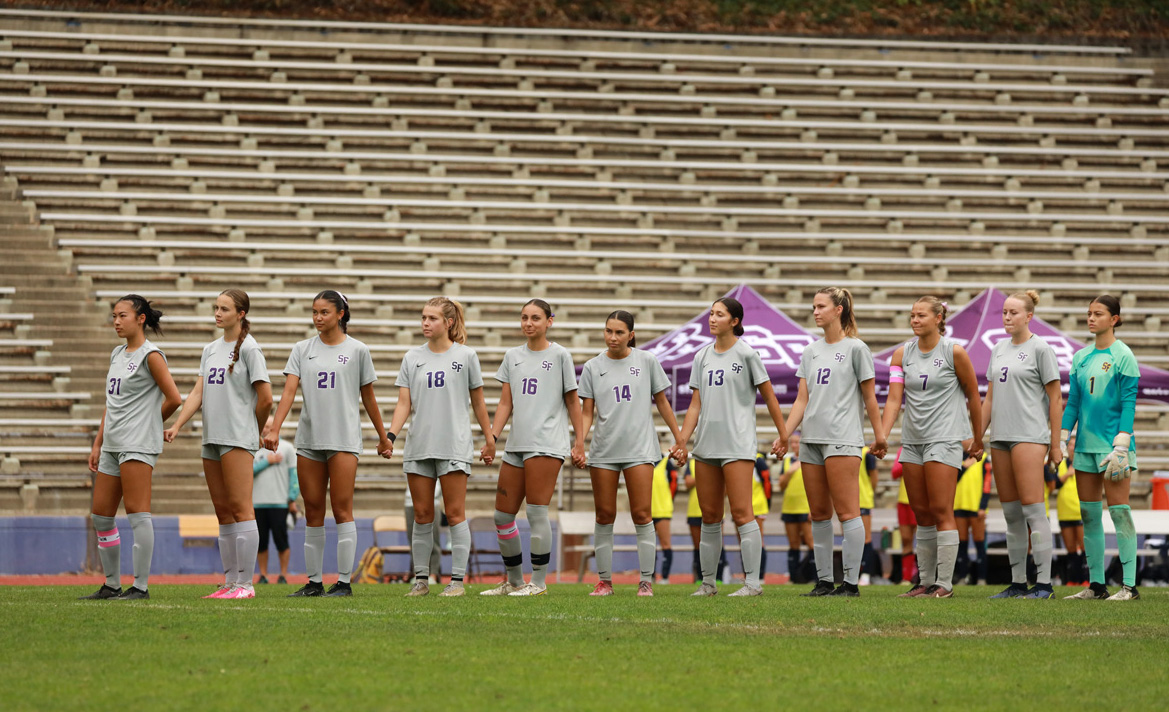
By Dave Alexander
For a sport that features holds, pins and take-downs, SF State wrestlers find themselves grappling with a different type of opponent — the future of their athletic career.
Earlier this month the International Olympic Committee officially removed wrestling from the ballot for the 2020 Olympic Games. This decision comes as an outrage to the wrestling community.
SF State wrestler, Isaiah Jimenez, believes taking the sport out of the games could have a negative impact on the future of the sport. He thinks this would be devastating to our younger athletes who aspire towards winning an Olympic medal.
“Removing wrestling from the Olympics can affect the determination of younger generations,” Jimenez said. “There will be less incentive for athletes to aspire towards, after collegiate, there’s basically just MMA and ‘Professional Wrestling.’”
The IOC claims their decisions were made based on TV ratings, but Jeff Silveira, assistant wrestling coach at SF State, thinks the IOC may be chasing dollar signs, instead of keeping the best interest of the games in mind.
“The IOC recognizes that there are five major countries involved in wrestling worldwide: US, Russia, China, Japan, and Iran,” Silveira said. “Five big countries which happen to be the wealthiest countries… if they want back in, they’ve got to pay. Wherever there is big money, there are biased officials.”
The IOC is likely to receive an appeal on May 26 regarding a reversal on the 2020 decision. “This is just the IOC testing the waters and trying to get a reaction,” Silveira said. Wrestling translates to big business at home, nationally and globally.
Some are in disbelief, others saw it coming. For Silveira, this does not come as a surprise. He suspects political corruption within the IOC.
“Favoritism, greed, and personal biases have become the deciding factor,” he said.
Wrestlers from Iran, Russia, Japan, China, and the United States are equally as frustrated. Social media sites such as Twitter, Facebook, and Reddit are being flooded with people from around the world urging FILA, an organization representing international wrestling interests, to push back even harder. There is no other organization more responsible for influencing the final decision in September.
Athletes like Jimenez grew up studying Olympic wrestling. He predicts that younger generations won’t necessarily have that option.
“Watching professionals growing up has helped me develop form and strategy,” Jimenez said.
To Jimenez, it’s important that every athlete sees their heroes rise to the top. Other sports have the World Series, World Cup, and Super Bowl. Wrestling has the Olympics, and that is only once every four years.
Rather than focusing on becoming the world’s greatest, Jimenez believes younger athletes should strive for academic goals. Collegiate wrestling is very competitive nationally. Aside from doing something you love, it is a chance to pay your way through school.
Younger generations should follow the sport because they enjoy it, not for the fame and glory, Jimenez said.
“For each country there are only 14 weight classes to participate in,” Jimenez said, noting that would be 14 people from your entire country that can potentially make it to the games.
Roger Brigham, a wrestling coach at Mission High School, feels that this recent decision will have a negative effect on the wrestling community in terms of financial backing.
“It will make it more difficult for wrestling to acquire or hold onto funding because of the reduced prestige and visibility.”
Despite the its drop from the Olympic Games, Brigham, who is also the chair of the Oakland-based organization Wrestlers WithOut Borders, sees hope for the future of the sport.
“There’s a parallel in the growth of private clubs and greater involvement with martial arts studios to counter the lack of high school and college programs,” he said.








